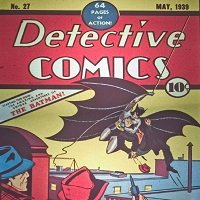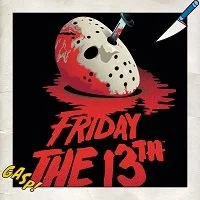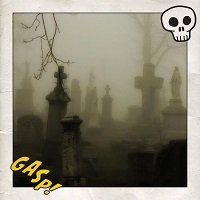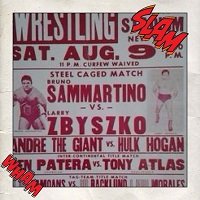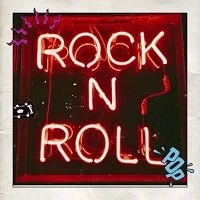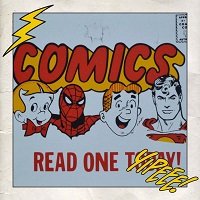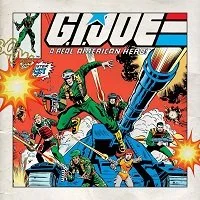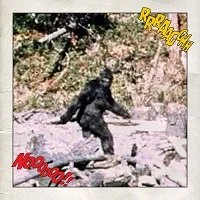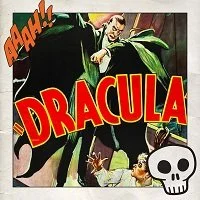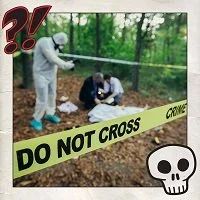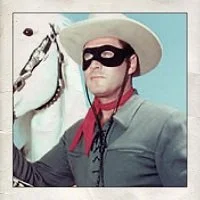Rush - Subdivisions Review - Anatomy of a Song
By: Karl Stern (@dragonkingkarl, @wiwcool, karl@whenitwascool.com)
Released as a single in 1982 off of the Signals album, Subdivisions is one of the most personal Rush songs and a huge fan favorite. Famed documentary film maker Michael Moore once said of the song in an interview with the band "I actually believe this song has saved lives." and you know what? It probably has. At worst, it has brought a level of comfort to many of us who have felt alienated learning we aren't alone.
I think many Rush fans would agree that probably the biggest negative about the song is that it marks the transition from the hard rock era into the much maligned keyboard heavy era of the band. In fact, the song's main riff is driven by Geddy Lee's keyboards. It's inescapable in this song but as a stand alone piece, we will ignore that they eventually went too far with the keyboards. Ignoring all future ramifications of the keyboard heavy era, let's look at this impact-full, personal, and heavy song.
Generally, I would prefer you read the article first and then watch the video or listen to the song so you can appreciate the nuances. This song is an exception, however, since the video is so closely related to the song. In fact, this song and Distant Early Warning are probably the two most recognizable Rush music videos. So, let's take a look at the video before we delve into the content.
The video starts out with Geddy Lee's keyboard riff which lays the foundation for the song while the video pans out to a wide view of the orderly, geometrical rigidity of the city. Cars bustle along the freeway and the atmosphere is set as a mundane, soulless scene. There isn't an actual human in sight. Just the machine in motion. The music for this song (and I'll get to Neil Peart's drumming in a bit) is very patterned and precise, lacking the franticness of earlier offerings like 2112 or Tom Sawyer. It's that rigidity that sets the theme to the song.
You can watch the video for yourself, it covers the themes quite well and I don't want to become laden down with covering it frame by frame. For the purpose of this article I want to look at the song itself.
Sprawling on the fringes of the city in geometric order, an insulated border, in-between the bright lights and the far, unlit, unknown.
The first line sets the scene. Like many of Neil Peart's other lyrics, it lays down a pattern that would eventually lead to his multiple adventure travel books. A pattern of painting atmospheric pictures of the surroundings. In this case, not so much describing the scene in physical detail but describing it in an emotional one. The sprawling edge of the city... the unforgiving order (I love the use of the four syllable word "geometric")... the insulated border between the city and the far, unlit, unknown. The "far, unlit, unknown" is Peart writing at it's best.
Growing up it all seems so one-sided. Opinions all provided. The future pre-decided. Detached and subdivided in the mass production zone. Nowhere is the dreamer or the misfit so alone.
This stanza is once again Peart at this best. As the music drones along mechanically and suppressed, Neil Peart puts together a string of words that couldn't be more descriptively perfect for anyone who has ever felt abnormal, geeky, nerdy, creative, or imaginative.
I grew up in a ridged and highly structured fundamentalist Christian home. The work ethic of my father was unsurpassed. The family was structured with ridged conformity that was both a blessing and a curse. 8 am to 3:30 pm Monday through Friday was school. You don't miss it and you don't deviate. Sunday mornings at 10 am church. Sunday nights at 7 pm church. Wednesday nights at 7 pm church. With mechanical repetitiveness there was no deviating and no variation. It all seemed so one-sided. Opinions all provided. If you grew up in a fundamentalist Christian church you learned all too well what your opinions about everything were going to be.
I love the flow of the phrase "The future pre-decided. Detached and subdivided..." Again, this is Neil Peart at his best. Then the music changes to a still mechanical and precise beat but with a reserved intensity.
I never really appreciated the drumming on this song until I watched this video. With Neil Peart speaking over the drumming break down you realize that while this song isn't as heavy or driving as other harder-rock Rush offering that there is a lot going on at the drum kit. The factory precision of the percussion added another previously unappreciated layer and complexity to the theme of this song.
Subdivisions - In the high school halls, in the shopping malls, conform or be cast out. Subdivisions - In the basement bars, in the backs of cars, be cool or be cast out.
The chorus is then simply two very declarative statements. You can almost hear an authoritarian teacher or preacher or your peers sternly stating "conform or be cast out" and while dry and harsh it is the reality of millions of kids in every high school hall in America (or in this case Canada, I suppose).
It reminds me of one of my biggest regrets in life. I'm sure most of us have a few moments in time we wish we could have back and do over again. Among the many of my regrets, before I even knew of this song or even followed Rush in high school I sat behind a very marginalized boy. We'll call him "Chris" for the sake of needing a name. He was very odd, certainly the "misfit" label used by Neil earlier would apply. Chris was terribly bullied. I never saw anyone use violence against him but he certainly was made fun of continuously.
I sat behind him in one class and I forget what exactly he was doing but it wasn't "normal". Nor was it destructive or malicious, he was just singing or acting out in some other socially awkward way. I remember telling him, "Chris maybe people wouldn't make fun of you so much if you'd just act more like everyone else. You stick out and act weird and just give everyone ammunition to bully you. You're never going to make it in the real world acting so weird." I really regret that now and if I ever meet "Chris" again I will certainly apologize and admit to my youthful mistake. I was from a world of rigidity and conformity. That gave me no high ground to degrade others for being outside the norm. "Chris" if you are reading this, I'm very sorry. I was wrong.
Any escape might help to smooth the unattractive truth but the suburbs have no charms to soothe the reckless dreams of youth.
I have to confess, I did not live in the suburbs. I lived in the "far, unlit, unknown". I still do. But I do know that whether suburban, urban, or rural, teenage life and peer pressures seldom hold the charms to soothe the reckless dreams of youth.
Drawn like moths we drift into the city, the timeless old attraction, cruising for the action. Lit up like a firefly just to feel the living night.
Another great cross-cultural stanza here that applied to the "far, unlit, unknown" as much as it does the suburbs. My teenage years were all contained to the middle to late 1980s and cruising was still very much the national pastime of youth.
It seems that "timeless old attraction" has faded away with the current generation. I seldom ever see kids lined up for blocks and blocks cruising town on the weekends anymore. I don't know if it's the modern digital era and all the socializing has now switched to social media or what but for multiple generations that cruising around the closest big town or city was a necessary rite of passage. An excitement and energy of meeting someone new or doing something exciting. "Lit up like a firefly just to feel the living night."
Some will sell their dreams for small desires or lose the race to rats.
Get caught in ticking traps and start to dream of somewhere to relax their restless flight.
Somewhere out of the memory of lighted streets on quiet nights...
The profound wisdom in this stanza almost needs to stand alone. For the misfit or dreamer still on that side of adulthood I'm not sure they can fully understand just how wise this lyric is. For those of us who sold our dreams for small desires or lost the race to rats (I love how Peart flips the old term "rat race" here), we know that after a while that frantic dreaming and creativity gets ground down under the wheels of life. Our stamina runs down and then soon we are searching for that place to rest our restless flight. Somewhere out of memory of lighted streets on quiet nights.






































